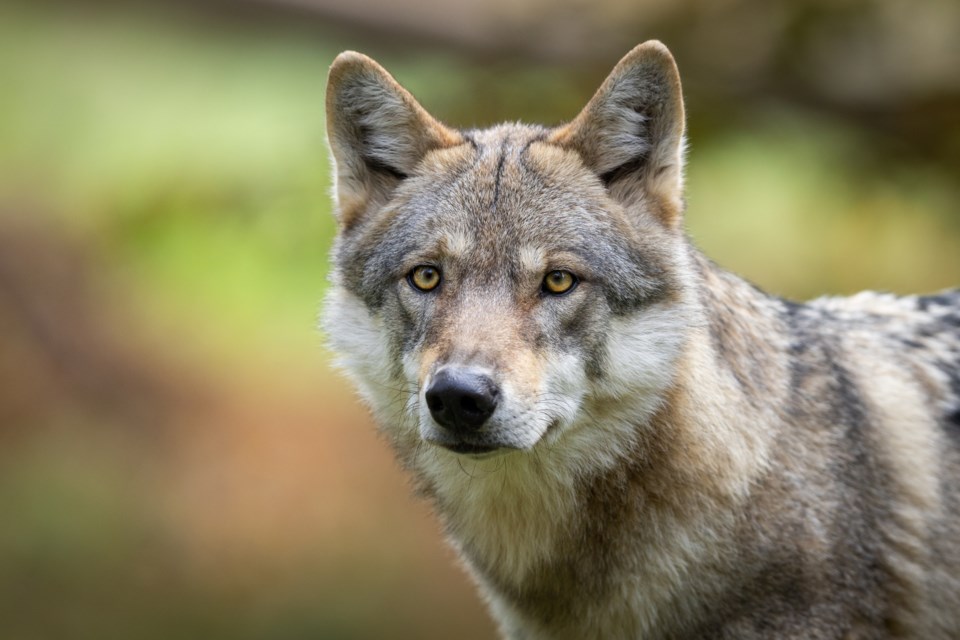ISLE ROYALE, MI — A wolf exhibiting signs of habituation to humans has been killed by staff at Isle Royale National Park, 40 km south of Thunder Bay.
"While lethal removal is deeply unfortunate, it became necessary due to a growing public safety risk," said Denise Swanke, superintendent at the park, where the connection between wolf and moose populations has been studied for decades.
Staff had become increasingly concerned throughout June and July about the activities of at least two wolves known to have obtained human food at various campgrounds on multiple occasions.
Becoming less and less wary of people, they had been sighted repeatedly in campgrounds and other developed areas of the park, where they had dragged away numerous food storage bags and backpacks.
In a news release Friday, the US National Park Service said the wolves continued to display escalating boldness around visitors, campsites and staff housing areas despite proactive management efforts including new food storage regulations and changes in waste management practices.
The decision to put them down was made after consultation with state, federal and tribal officials.
"Our priority remains the safety of park visitors and staff," Swanke stated. "All who appreciate and enjoy Isle Royale need to understand the importance of adherance and vigilance to food storage regulations and our collective role in minimizing negative human-wildlife interactions."
The wolf population in the park, named best park in the US in 2024, was restored with the help of animals from Northern Ontario that were transferred to Isle Royale in 2019.
Since 1958, decades, the relationship between wolves and moose on the island has been the subject of the world's longest-running study of a predator-prey system.
In 2024, Michigan Technological University reported that the wolf population had stabilized at about 30 while the moose population was on the decline at about 840 animals, compared with over 2000 in 2019.
